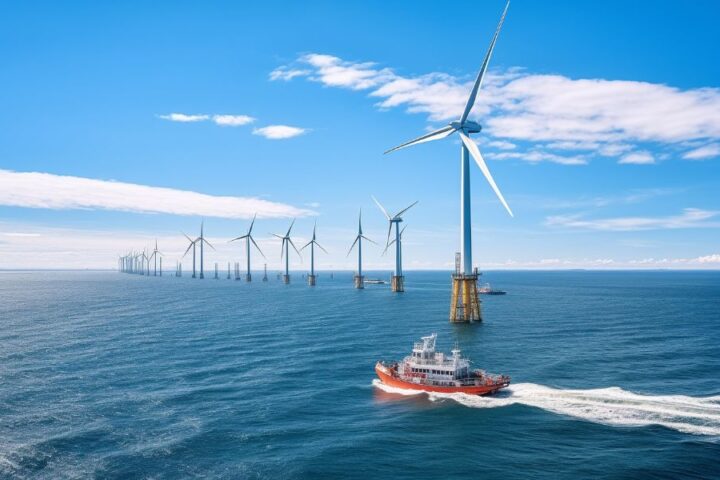It is impossible to deny; the earth is warming. The climate is changing and now we must learn how to deal with it. While political leaders from economically powerful nations say climate change will be addressed, it does not seem like corporations are following their lead.
Greenhouse emissions rise, along with sea levels. But all this spells trouble for corporations as well, who will have to pay for much of the damage. If their leaders could understand why businesses should be more concerned about climate change, then we would see faster, more aggressive improvements.
It Is Expensive
Many companies still view climate change as a problem for the future. The common question is, “Why should we spend money now for something that will not be an issue for ten years?” But it is optimistic at best, and dangerous at worst, to assume climate change is years away. Everyone, including and especially corporations, needs to think about reducing their carbon footprint now.
Recent droughts in the American Southwest prove that temperatures and wildfire rates will continue to rise. This will put a burden on the nation’s energy plants, housing market, and insurance rates. As sea levels rise, the cost to infrastructure could be devastating. If company leaders are not thinking of and preparing for these eventualities now, they will lose much more in the coming years.
It Could Disrupt the Supply Chain
How will General Mills provide their products when weeks of production are stalled because of extreme colds? How can California oranges grow in a drought? These are just a couple reasons why businesses should be more concerned about climate change.
Storms can disrupt shipping deliveries, extreme weather can damage crops, and animal extinction could ravage ecosystems in ways we could not imagine. Climate change has the potential to turn the world upside down, and there is no reason to think our vital supply chains will be spared.
Employees Want Engaged Companies
When a company, especially a large employer, is so callous that its leaders do not seriously address climate change, people notice. Employees notice, and, perhaps more importantly, potential employees notice.
Even job-starved millennials and Generation Z-ers are dissuaded by companies that avoid these hard questions. History has shown that corporations have often been the cause, not the solution, of environmental catastrophes. If a corporation wants to attract quality talent, it will have to flip the script.













